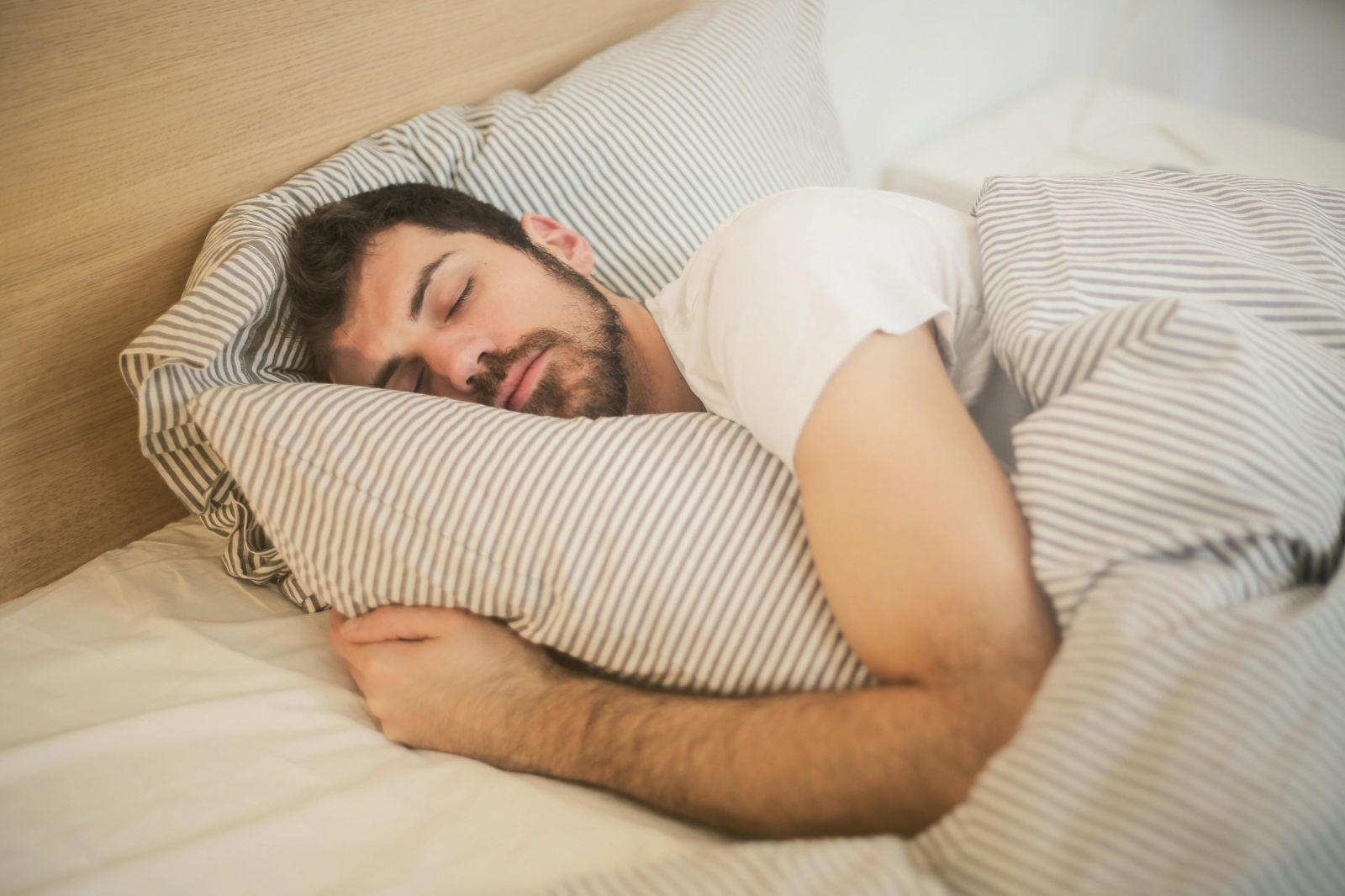The hidden benefits of sleeping in on the weekend
Published by Cédric,
Article by: Cédric DEPOND
Source: European Society of Cardiology
Other Languages: FR, DE, ES, PT
Article by: Cédric DEPOND
Source: European Society of Cardiology
Other Languages: FR, DE, ES, PT
Follow us on Google News (click on ☆)
How can this positive effect of sleeping in be explained? Contrary to common belief, a change in routine over the weekend might compensate for the short nights during weekdays.

Illustrative image Pexels
Chinese researchers from the State Key Laboratory studied the sleep habits of over 90,000 people enrolled in the UK Biobank study. The results show that those who sleep more on weekends have a 19% lower risk of developing heart disease. This risk reduction is even more pronounced for individuals regularly deprived of sleep during the week. Those who most compensate for their lack of sleep on the weekend see their risk of heart disease drop by 20%.
To reach these conclusions, researchers equipped participants with wrist-worn sensors, known as accelerometers, capable of recording movements and estimating sleep and wake periods. These devices allowed for precise monitoring of each individual's sleep habits, capturing not only the total sleep duration but also its variations between weekdays and weekends. By collecting this data over several years, they were able to determine the amount of compensatory sleep accumulated by participants and analyze its impact on heart health over time.
A quarter of the participants reported sleeping less than seven hours per night during the week, exposing them to a "social jet-lag." This phenomenon occurs when one catches up on sleep over the weekend, at the cost of shifting bedtime and wake-up hours. Despite this disruption to the sleep-wake rhythm, researchers note that getting more sleep during the weekend reduces the harmful effects of the sleep debt accumulated during the week. They do, however, recommend not neglecting the regularity of bedtime and wake-up schedules.
They argue that even though sleeping more on the weekend doesn't replace consistently long nights all week, this practice could have beneficial effects on heart health. So, sleeping in or not? The answer seems to favor a bit more sleep to protect our heart.